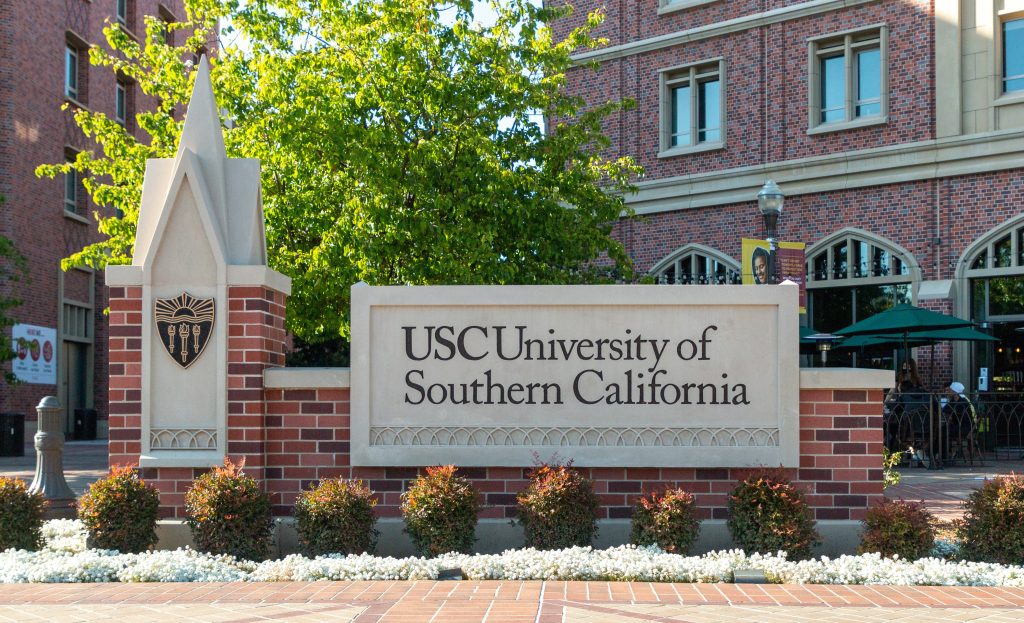After 36 years as a full-time faculty member, I retired as a tenured professor from the University of Southern California on May 15, 2022. Typically, retiring faculty members retain their last academic rank as an honorary title, such as “professor emeritus.” While this designation is not automatic, it is usually granted as a matter of course. I watched as my retirement cohort announced their new emeritus or emerita status.
At USC, the emeritus designation signifies honorable retirement, recognizing faithful service and anticipating continued academic community involvement. My faculty colleagues recommended me for emeritus designation, but the central administration delayed action in my case.
When I announced my retirement, I agreed to teach a graduate class at the USC Price School of Public Policy in the fall. I declined an opportunity to teach at the USC Viterbi School of Engineering, not wanting a full-time teaching load in retirement. However, on June 20, the dean of the Price School withdrew the teaching request without explanation. I suspected a connection between this reversal and the delay in my emeritus designation. Investigating further, a reliable source informed me that my emeritus status was the topic of a high-level meeting involving my two deans (engineering and public policy), the USC president, provost, and general counsel.
Faculty members are typically tenured once during their academic careers unless they change universities. I had left Northwestern too early to be considered for tenure there and joined USC, where I was tenured sequentially in three different departments. I founded and directed the transportation engineering program, secured consistent external funding for my research, and spent 25 years supporting undergraduates as a senior tutor in USC residence halls. I served in various leadership roles, including department chair, vice dean, and president of the engineering faculty, and as national president of a leading professional society in my field. Despite my record, USC’s top leadership wanted to avoid offering me an emeritus rank.
My retirement was abrupt, prompted by my libertarian views and rejection of the progressive political agenda prevalent at universities, including USC. Professionally, I was marginalized, fired, or blocked from substantive administrative roles. Despite my research and teaching record, USC would offer no further recognition or internal distinctions. Tenure allowed me to exist at USC indefinitely, but only at the margins. My only role would be as a gadfly if I stayed.
Controversies marked my recent years. I became attuned to Title IX issues as a vice dean at USC Viterbi, dealing with frantic parents seeking transfers for their children expelled following casual allegations of sexual misconduct. In fall 2018, a USC student group’s email promoting a “Know Your IX” presentation included a call to “believe survivors” amid Brett Kavanaugh’s confirmation hearings. I replied to all, emphasizing the importance of due process protections. The former dean publicly condemned my response, and students protested my employment.
In spring 2020, the same former dean moved to New York University after involvement in a quid pro quo exercise leading to federal bribery convictions. I lived in downtown Los Angeles during the George Floyd riots, witnessing vandalism and inadequate protection of property rights. USC’s institutional responses to the riots equated law enforcement with systemic racism, ignoring the fundamental role of property rights in a market economy. I offered students a viewpoint contrasting with the progressive ideas promoted by USC leaders.
In August 2021, I hung a blue-lives-matter flag on my office door, receiving mixed reactions from students. USC Human Resources directed the Viterbi School’s vice dean for faculty affairs to ask me to remove the flag, but I declined, citing academic freedom. USC took no formal action, but it was clear the leadership and I no longer shared a mission. I chose to retire, but USC’s senior leadership couldn’t bear to have me teach part-time in retirement.
USC’s leaders likely wanted to avoid endorsing a viewpoint differing from their focus on social justice and systemic racism. Withholding emeritus status would discredit a critic like me. I had criticized USC’s decision to suspend 401(a) employer non-elective contributions to retirement accounts during 2021 due to Covid-19 financial pressures. Despite real pressures, USC had a substantial increase in net assets and unrestricted endowment share. My public opinion as chair of the Engineering Faculty Council was that USC should honor its retirement benefit commitments.
Ultimately, the USC general counsel granted my emeritus designation but quietly forbade my former schools from offering teaching opportunities. This approach mitigated reputational risk while solving the administration’s problem.
USC’s leaders have a valid point. My intellectual and academic focus remains on the diversity of ideas, equal opportunity, and inclusion based on merit. I continue to emphasize due process and property rights in our society. Recognizing the importance of law enforcement in protecting all citizens, I remain critical of simplistic, analysis-free assertions of ubiquitous racism. My work going forward will likely disappoint USC’s leaders, but it remains rooted in principles they broadly misunderstand.










